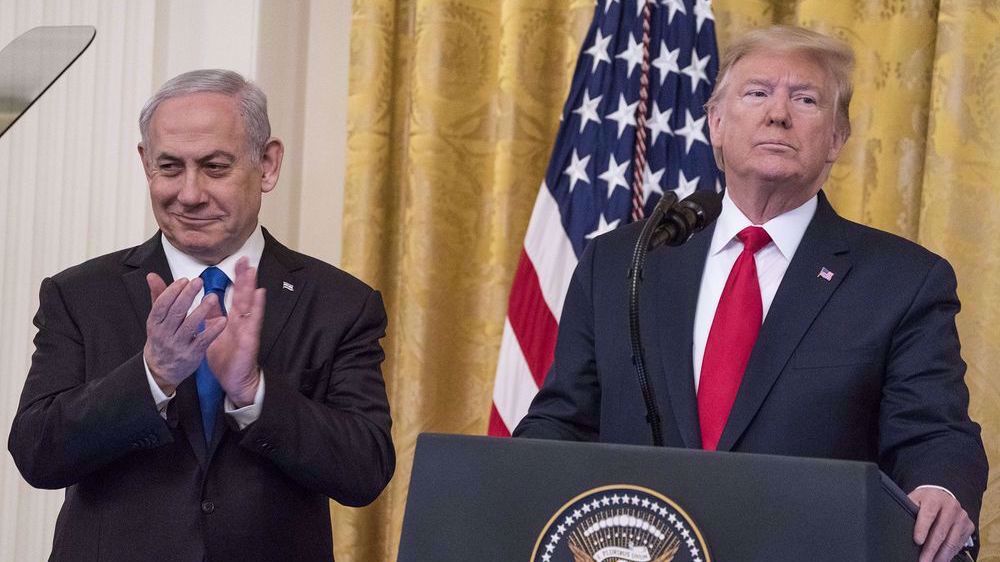Saudi govt. cries foul after S&P downgrade
Saudi Arabia has railed against Standard & Poor's (S&P) after the rating agency downgraded its assessment of the kingdom’s sovereign debt and said its outlook remains negative.
The US financial services company cut its rating by one notch, from AA-/A1+ to A+/A1, citing a “pronounced negative swing” in Saudi finances as the monarchy is burning through foreign reserves at an alarming pace.
S&P touched on the kingdom’s widening budget deficit, which has been weakening the credit worthiness of the country, and held the possibility of a further downgrade.
Saudi Arabia’s Ministry of Finance fired back, branding the decision as “reactionary, unjustified and not backed by reality”.
The rating agency projected Saudi’s budget deficit to increase from 1.5% of GDP in 2014 to 16% of GDP in 2015, saying it expected the country’s rulers to draw down from their fiscal assets and issue further debt.
The downgrade is on course to raise the borrowing costs of the country. Saudi rulers have already borrowed $4 billion from local banks and plan to raise as much as $26 billion in bonds before the end of the year.
They have also withdrawn as much as $70 billion of its assets held abroad as the government’s spending amid its destructive war on Yemen is eating through the reserves.
According to the International Monetary Fund (IMF), Saudi Arabia’s fiscal deficit could rise to around $140 billion or 20% of GDP, with spending forecast to reach more than $270 billion this year.

The deficit is a new reality in a country which had budget surpluses of about 13% of gross domestic product in the 10 years leading up to 2013 and is used to lavish spending.
In its evaluation, S&P said “high reliance” on hydrocarbon revenue which accounts for 80% of total government earning and “inflexible current expenditures point to vulnerabilities in Saudi Arabia's public finances”.
The Saudi ministry charged that the agency had acted on an unsolicited basis and “depended on temporary and unsustainable factors” in its assessment.
Saudi Arabia’s fiscal budget has taken a hard hit from oil prices which have slumped by more than a half since June 2014. The country has flooded the market with excess oil in order to drive down prices.

Moving against global tide, Israel eliminates all tariffs on US goods

OPEC+ to raise output for first time since 2022: Report

Oil prices climb despite trade war concerns
Gaza’s children paying for Netanyahu’s political ambitions with blood: Hamas
Hamas releases video showing Israeli-American captive alive
VIDEO | Iran marks National Nuclear Tech Day with new products
VIDEO | How Microsoft fuels Gaza genocide and silences employees who speak out
Israeli forces detain Palestine TV crew in West Bank’s Jenin, seize equipment
EU says Israel must lift devastating aid blockade on Gaza, resume ceasefire
Iran starts issuing debit cards for foreign visitors
‘Constructive, promising’: Araghchi says Iran, US closer to establishing ‘basis of talks’







 This makes it easy to access the Press TV website
This makes it easy to access the Press TV website